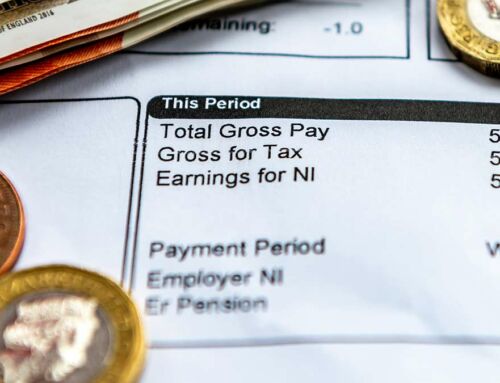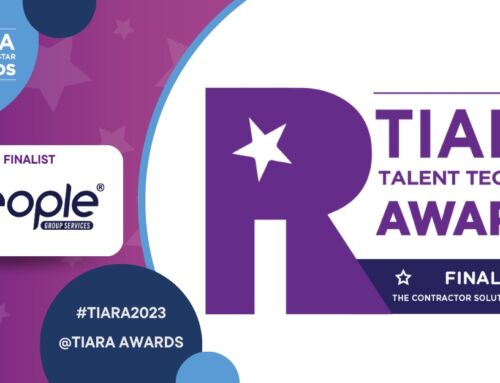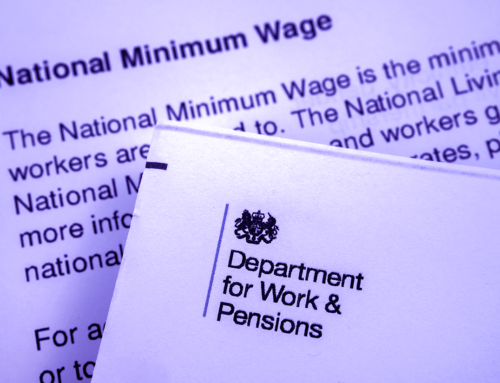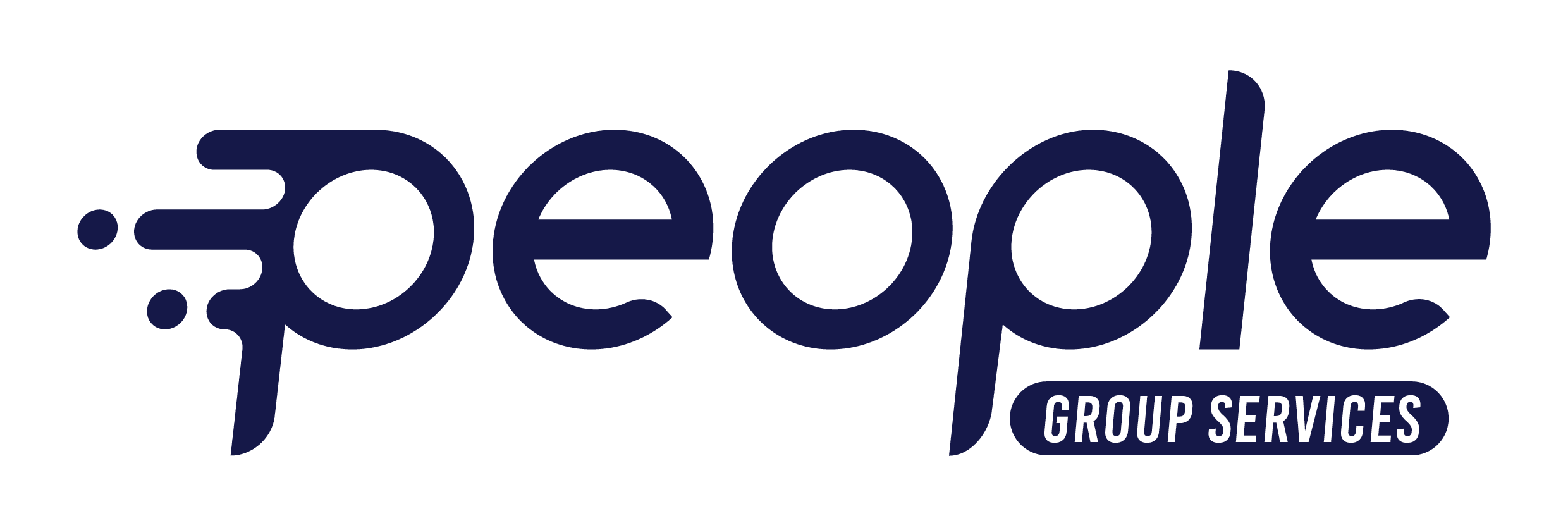Unveiling the Payroll Sector’s Key Role: Fostering Compliance Post-HM Revenue & Customs’ £34bn Milestone Recovery
Between April 2022 and March 2023, HM Revenue & Customs achieved remarkable success in recovering unpaid taxes. According to published information, they were able to recover £34 billion in unpaid taxes. HM Revenue & Customs accomplished this through various strategies:
- Strengthened Compliance Measures: HM Revenue & Customs enforced stringent compliance measures to ensure individuals and businesses meet their tax obligations promptly. This involved conducting thorough audits and investigations where necessary.
- Use of the Criminal Finances Act 2017 (The CFA): The CFA gave the UK government enhanced powers to tackle tax evasion. Specifically, the CFA holds companies accountable for failing to prevent the facilitation of tax evasion by their employees, agents, or associated persons. A recruitment agency could potentially be held liable if someone associated with the agency (an employee, agent, or other third party) facilitates tax evasion. This means that if an employee or agent of a recruitment agency assists a candidate or a client in evading taxes, the agency could be held responsible for failing to prevent this activity. Under the CFA, a business can be held criminally liable for the actions of its employees or agents if they are found to have facilitated tax evasion, even if senior management or the company’s board of directors were not aware of the activities. However, there is a defence available if the business can demonstrate that it had reasonable prevention procedures in place to prevent such facilitation.
- Collaborative Efforts: HM Revenue & Customs collaborated with international agencies to tackle tax evasion and avoid cross-border tax abuses effectively.
As a leading payroll company in the UK, we believe in promoting transparency and compliance. In this article, we will break down the differences between tax evasion and tax avoidance and shed light on their associated criminal penalties.
Tax evasion and tax avoidance are two different concepts, often confused with one another:
Tax Evasion: Tax evasion is an illegal practice where individuals or businesses intentionally conceal their true income, assets, or activities to reduce their tax liabilities unlawfully. This involves providing false information, underreporting income, or inflating expenses. Tax evasion is considered a serious crime in the UK and is punishable by significant fines and even imprisonment.
Tax Avoidance: Tax avoidance is a legal method used to minimise tax liability by leveraging tax laws and regulations. It involves structuring financial affairs in a manner that aligns with the tax code, taking advantage of tax deductions, allowances, and exemptions. Unlike tax evasion, tax avoidance does not involve deliberate deception or illegal activities.
The success of HM Revenue & Customs in recovering unpaid taxes highlights the importance of compliance within the payroll sector. If you are an agency looking to outsource payroll services, understanding the difference between tax evasion and tax avoidance becomes crucial in making the right choice:
Mitigating Legal Risks: By choosing a reputable payroll company that prioritises compliance, agencies can reduce the risk of inadvertently engaging in tax evasion or promoting questionable tax avoidance schemes.
Transparency and Trust:
Due to increasing use of transfer of debt provisions by HMRC, the entire supply chain (end-client hirers, and recruitment agencies in particular) seek payroll providers who operate transparently and ethically. A company with a clear commitment to compliance sends a positive message about their trustworthiness and reliability.
Professional Expertise:
A reliable payroll company should have the expertise to navigate complex tax regulations and ensure compliance without resorting to illegal practices.
In conclusion, understanding the distinction between tax evasion and tax avoidance is vital for fostering compliance and ethical practices within the payroll sector. HM Revenue & Customs success in recovering unpaid taxes demonstrates the government’s commitment to combatting tax evasion and promoting fairness in the tax system.
By choosing a reputable payroll company that prioritises compliance, agencies can not only avoid legal risks but also establish a trustworthy and transparent relationship with their clients.
Any agency or contractor that is with us at People Group Services are always in safe hands. We are 100% UK owned and operated, with decades of experience in delivering award winning compliant contractor solutions.
